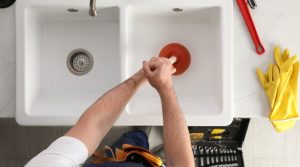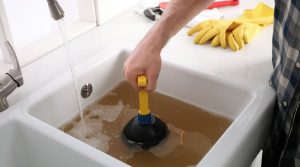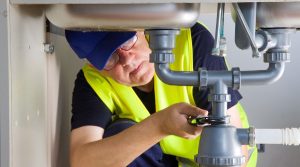If you own your own home, it may seem like everything needs some kind of maintenance.
This is mostly true, but sometimes we wait until something breaks before doing the necessary maintenance.
Home radiators are a good example. Don’t ignore it. When was the last time you took care of it with preventive maintenance?
After a winter that seemed to last forever, we thought it would be a good idea to put together some tips on how to avoid and fix the most common reasons why radiators leak.
What makes radiators in homes leak?
We thought this was a good place to start because most owners don’t know that rust and leaks can be caused by the simplest chemical reaction. Most of the time, this is caused by sludge that isn’t cleaned out by home radiators. If this sludge isn’t dealt with, it can make tiny holes in your unit that can lead to leaks.
Steel and water will always react. So, if you don’t want to replace your home radiator, check it out and get rid of anything that looks like mud that could stop the radiator from working.
How can I keep from rusting?
If your system is still under warranty, make sure that the plumber who installed it flushed out any debris. Any trash that keeps going back through your system makes corrosion more likely.
But if there is no debris in your system, we recommend that you use a corrosion inhibitor. Because this gives your unit an extra layer of protection, it slows down the corrosion process and makes your unit last longer.
What if the unit is already leaking?
Just because your radiator is leaking doesn’t mean you have to go out and buy a new unit. Contrary to what most people think, radiator leaks don’t always cost a lot of money.
Here’s what you should do if your radiator is wet:
Find out where the water comes from. Dry the radiator out completely and find out where the leak is coming from.
- If it comes from one of the valves, you may need to call a plumber. Get a wrench and close the radiator valve all the way. This should stop the leak until your plumber gets to your house.
- The leak can sometimes be found where a pipe and one of the valves meet. Fix the loose bolts yourself before making a house call. This might be the answer to your problem.
- If the leak is coming from your electric radiator, on the other hand, you need to replace it right away.
It is never fun to have to replace your radiator, and the costs can be high. So, if you haven’t given your system a basic maintenance check, you should do so as soon as possible. Don’t wait until your home radiator breaks to take care of it properly.
We're the best place to buy radiators and heating equipment online
Are you trying to purchase a radiator? Check out our guide for shoppers!






